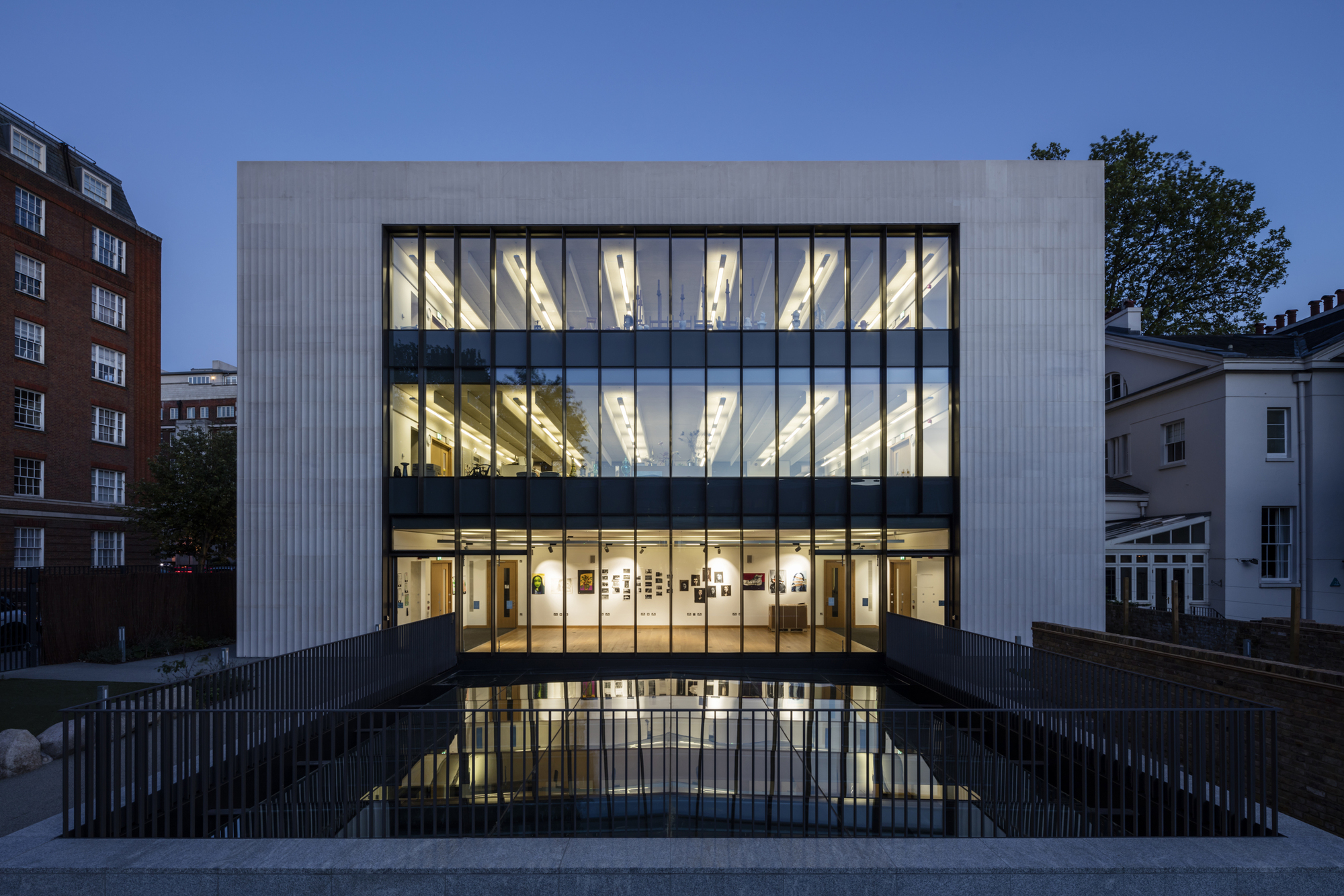EDUCATION CONSULTANCY
Education is proving to be one of the major driving factors in attracting international families to relocate to the UK. The UK offers an internationally renowned and respected level of education, but a knowledge of the system and preparation for entry is always recommended. An understanding of the British system and entry points is always advantageous and early preparation cannot be underestimated.
Increasing numbers of British and international families are seeking a tailored strategy, even as early as during pregnancy, due to some central London schools requiring families to register as early as possible, in some cases from the hospital on the day of birth. Those nurseries, for entry at 2.5 years old, and schools, for entry at 4+, who work on a first-come-first-served basis require families to be aware of their options and prepared to maximise their chances of a place. Competition for school places is increasing year on year with more international families attracted to London due to high quality schools, a good level of security for their family and the city proving to be a cosmopolitan cultural capital of the world which is seen as an ideal location to do business.
For those families moving from abroad looking into school or nursery options cannot start too early. Preparation in terms of ensuring children have as strong a level of English as possible and bridging any differences between school curricula are strongly recommended. Some families seek places at British schools in their home country to increase English language exposure and even for very young children having an English-speaking nanny can assist in preparation for entry into schools in the UK. The older a pupil is, the more school options can be restricted by the level of English. The more academically demanding British schools will require pupils to be fluent in English, so as to be able to access their curriculum and shall test pupils in English and maths, as well as potentially other subjects such as science, to ensure they would be able to bridge any curriculum differences, but also to check that they shall cope with the level demanded of their potential class.
For families seeking to improve their children’s level of English UK-based tutors tend to be preferable as many tutors in other countries tend to teach English as a second language and also might not have the insight into the demands of entry exams into British prep or senior schools. If a student is of sufficient age and maturity, then a week of one to one tutoring in person which can be continued over Zoom can be an effective option.
Many settled and relocating families seek advice on which school might be the right fit for their child and this would always be a recommended route over following the same path as friends, as aspirations of a family and the ability of a child need to be taken into account.
If looking at fee-paying schools, then it is recommended that the school places are secured prior to sourcing a property as then hopefully a family shall be within walking distance of the school meaning a shorter commute for the children, but also it shall be easier for the children to see their friends outside school, thus meaning they will hopefully be more settled.
A settled pupil is normally a happier pupil who is more likely to achieve their true potential. Families who seek very short term solutions need to consider the impact upon their children as starting a new school and making new friends a number of times in a short period of time can be unsettling and this should be avoided unless absolutely necessary.
International schools in the UK are often a good solution for pupils whose English is not fluent, but, unlike many other countries, the international schools in the UK should not be considered as a second choice as they do compete against British schools and this raises their academic level. International schools do offer English language support, which many British schools do not offer, and there is not the requirement to move across to a British school once a pupil’s English has improved in fluency, due to the high academic level, although they do have a much higher turnover of pupils, which might be less attractive to a settled family. The international schools are predominantly located in and around London, according to demand, and mostly offer either an American curriculum or the International Baccalaureate, both of which are highly respected and this is displayed by the fact that many top British schools are adopting the International Baccalaureate Diploma programme from the age of 16 to 18 in place of or alongside traditional British A levels.
British schools do offer a rounded education and extra-curricular activities such as music and sport will always feature in what a school can offer, but also what a student can offer to a school. Many international students might not have played British school sports such as rugby or cricket, but school reports highlighting athletic ability and high standards and participation in swimming, football and Physical Education classes will assist them when being considered for a school place. Schools are keen to see glowing school reports and pay particular attention towards academics, but also participation and organisation, which includes handing in homework.
The most important advice to both British and International families is to be prepared when it comes to education options in the UK. Families cannot be too early in considering nurseries or schools and international families should try to ensure their children are as fluent in English as possible, so as to ensure as many schools are potentially open to their children as possible. Of course seeking professional advice to guide a family through what might be the most appropriate path for their family and the process ahead is highly recommended!
Article by Richard Northey at The Education Consultancy




